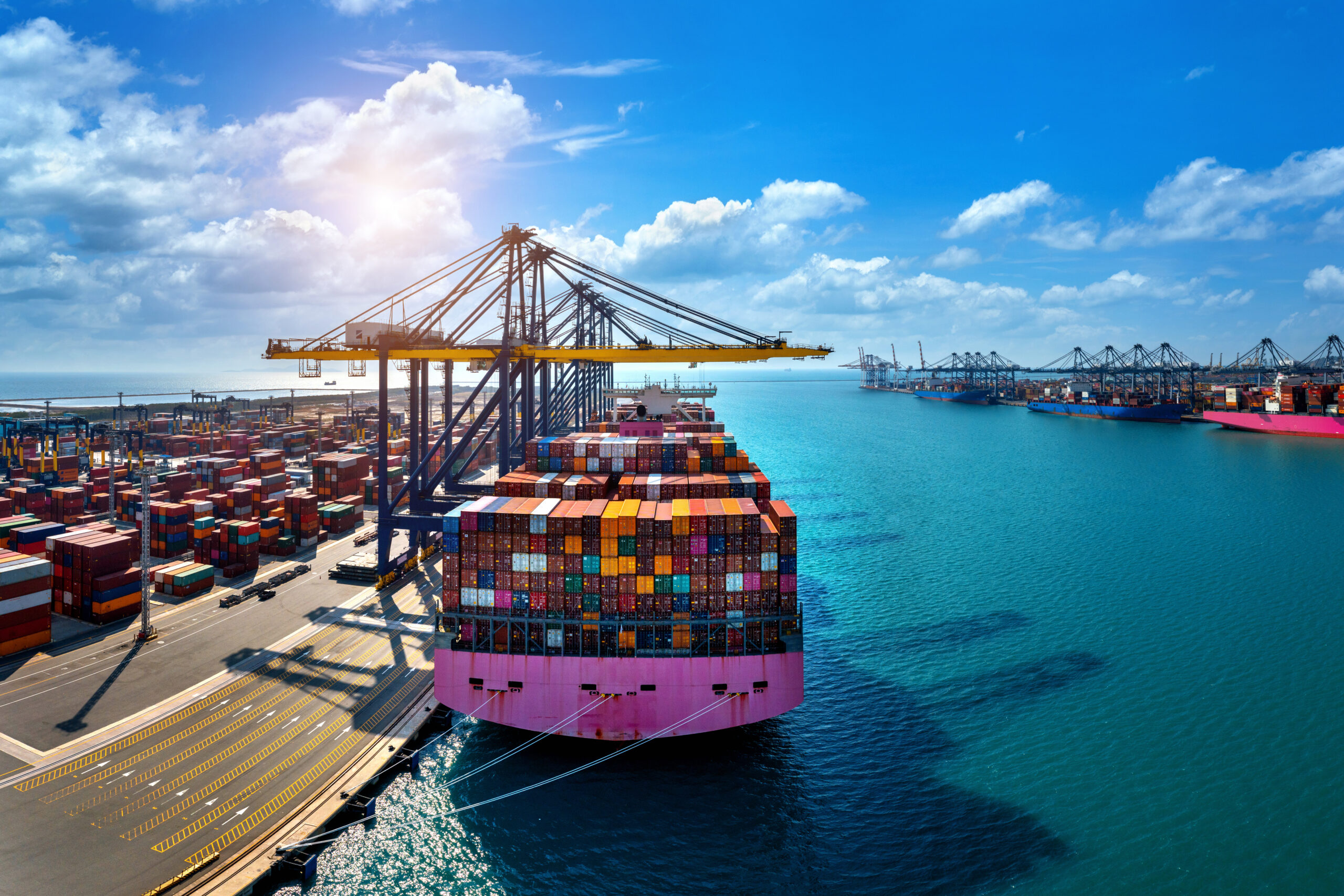“The line between disorder and order lies in logistics” — Anonymous Wordsmith.
Logistics involve effective planning and execution of the transportation system to move and store goods from their source to the desired destination. The entire transportation process for logistic services in Australia is based on systematic and effective coordination of individuals and resources that can help in delivering the correct product at the correct time and the correct destination. Manufacturing companies attach prime importance to the logistics landscape for ensuring cost-effective, efficient, and time-bound delivery of the products.
Importance of Logistic services
Logistics can help in the effective functioning of the business starting from a local to a global scale. In the concurrent business realm, global corporations, especially those involved in e-commerce, have been reaping rich dividends by managing their logistic vertical efficiently. However, the horizons of logistics are not just limited to the delivery of the shipments, effective logistics also helps in fostering relationships between suppliers, transportation systems, and warehouses as well. This interconnection between the stakeholders helps in improving order fulfilment, storage services, and warehouse services by reducing delivery time and overhead costs, helping businesses generate positive outcomes.
Types of Logistics
The advent of computers has made way for drastic evolution in the logistics industry globally by introducing the inventory management and forecasting system. These applications help in the effective management of inventory, dispatch system, and distribution. Exchanging goods, locally or globally, has overhauled the industry, classifying them broadly into the below-mentioned categories:
1. e-Commerce Logistics:
The advent of e-commerce and its rise to prominence has led to overwhelming growth in the global logistics industry as its backbone. It has also facilitated prompt transformations in the logistics industry as well. The stupendous rise of e-commerce giant, Amazon can be attributed to its innovative logistics strategy, to a significant extent.
2. Freight Logistics:
The said form of logistics involves two different entities, operating in conjunction, to navigate a complex web of transportation framework. While freight companies administer the physical transportation of the goods, freight forwarders, on the other hand, devise and optimise transport solutions apart from handling the paperwork.
3. Third-Party Logistics (3PL):
Commonly known as Logistics Service Providers, they happen to be independent supply chain solutions providers, specialising in the transporting, storing, and handling of goods. Businesses use third-party logistics to attain scalable growth by utilising an optimised supply chain network.
Airmark exemplifies commitment and innovation at the core of its foundation as far as logistic services in Australia are concerned. Their best-in-class service is rendered by their state-of-the-art infrastructure and adept professionals, crowning them as the flagbearers in the realm of goods transportation, storage services and warehouse services in Australia.





